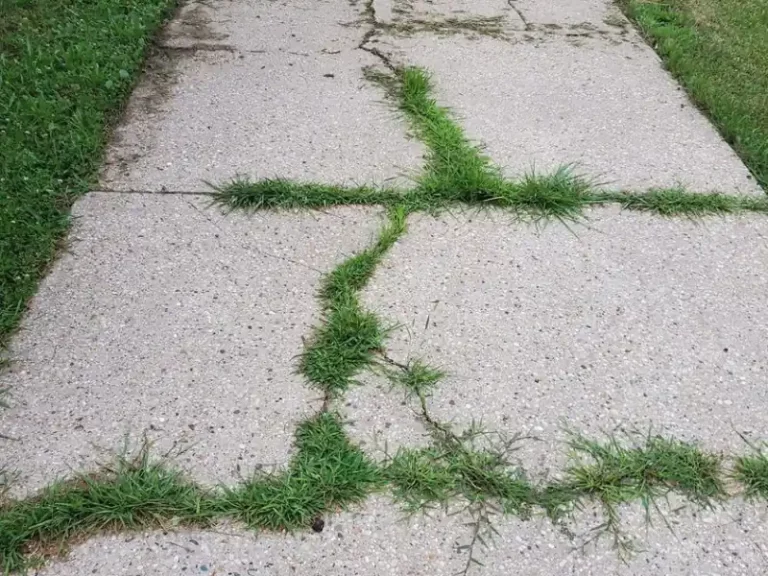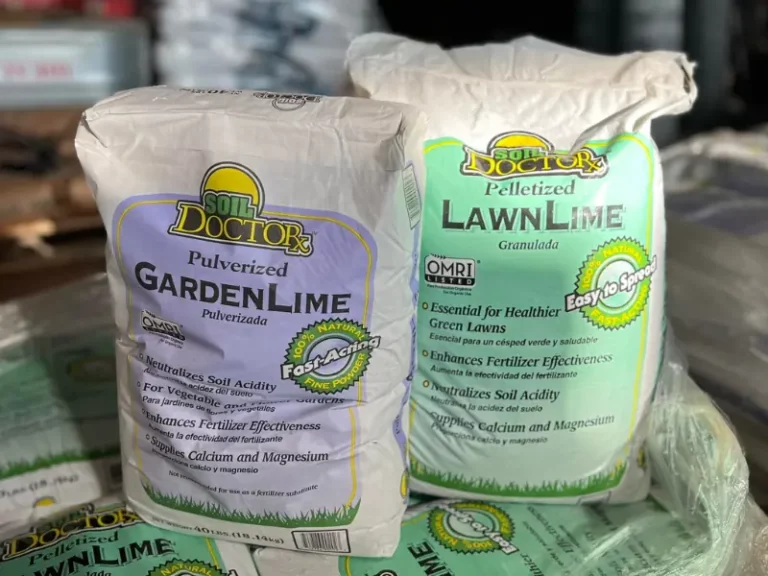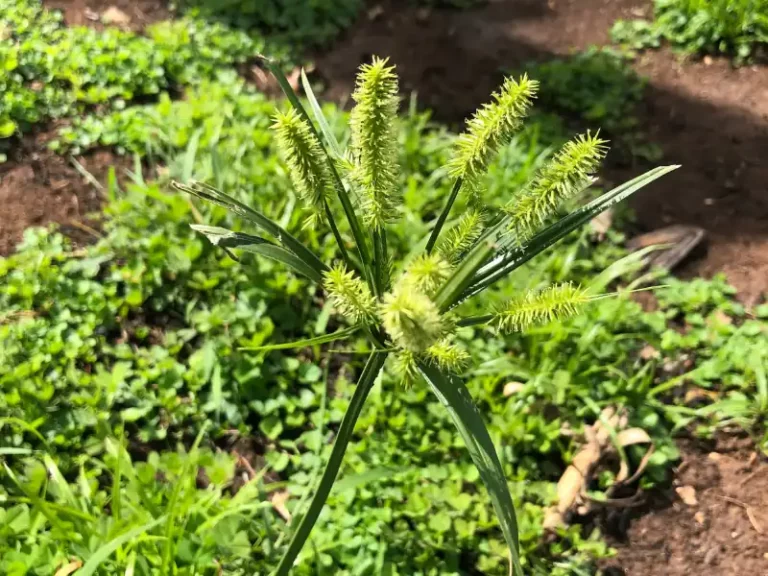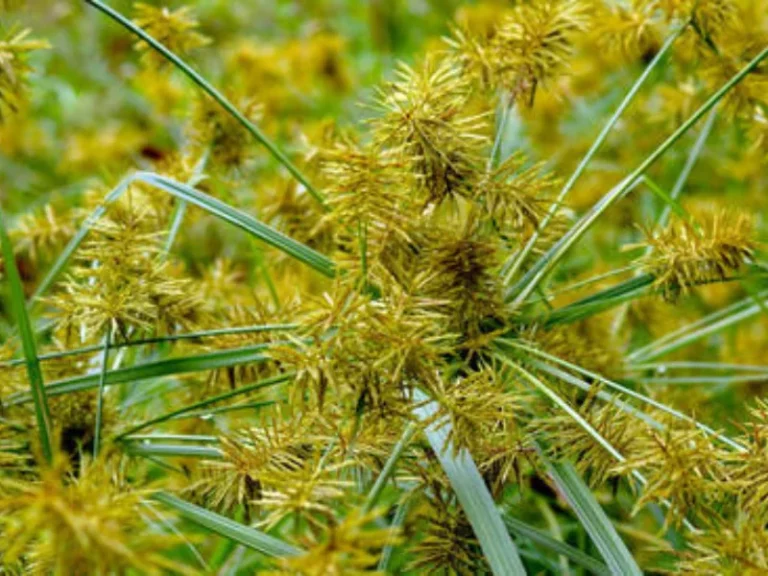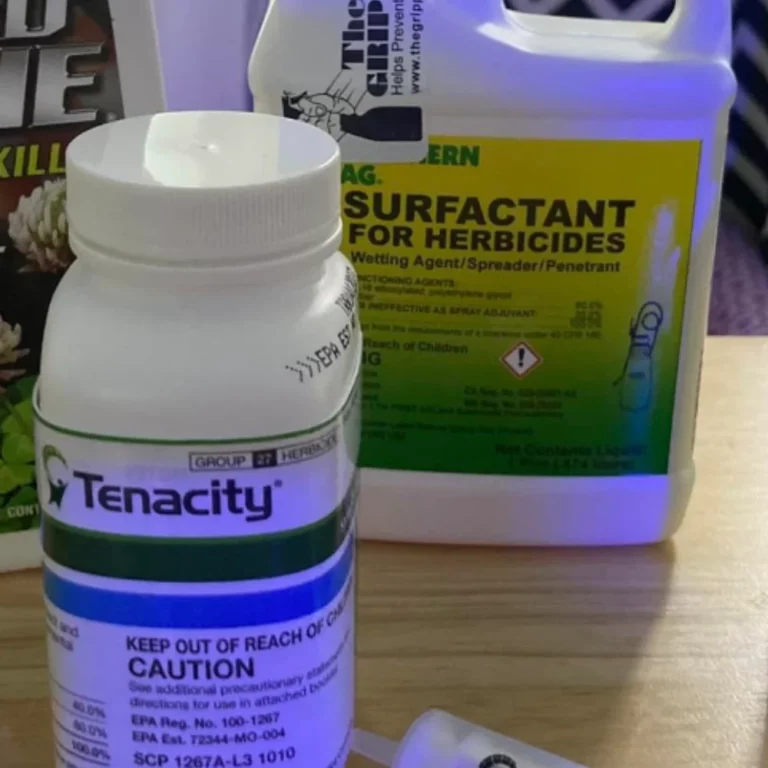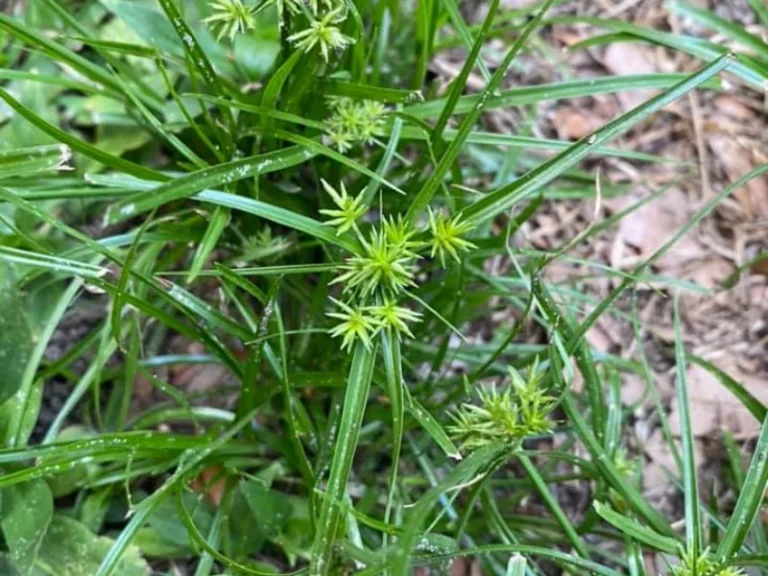Does Gasoline Kill Weeds?
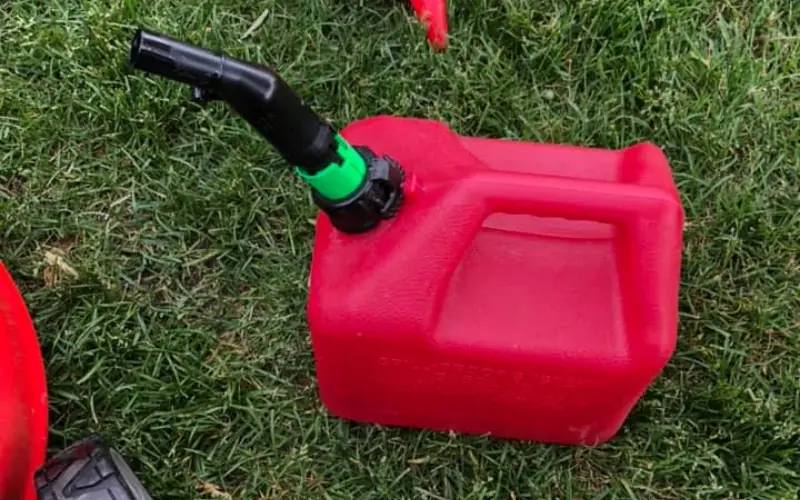
Many homeowners and gardeners use gasoline to kill weeds from grass and in gardens. They pour or spray small amounts of it on the unwanted plants. Some people claim it is an effective and affordable weed control method, while others warn of the serious risks to human and environmental health.
The big question is, does gasoline effectively kill weeds, or are the dangers too high to justify the practice? After extensive research of scientific studies, consultation with experts, and personal experimentation, I compiled this article on gasoline’s effectiveness in killing weeds.
Read on to discover whether using gasoline effectively eliminates weeds and how to use it.
Will gasoline kill weeds?
Yes, gasoline does kill weeds. When applied directly to weeds, the hydrocarbon chemicals in gasoline disrupt and damage plant tissues, leading to death.
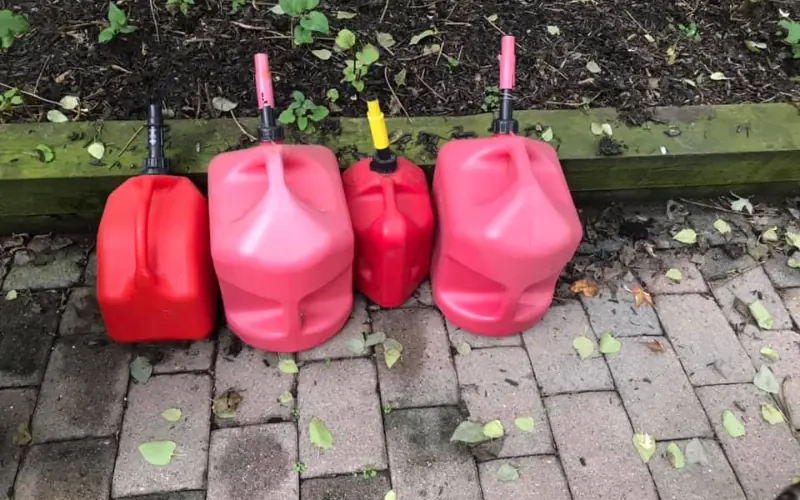
How does it work?
Gasoline is a mixture of hydrocarbon compounds like pentane, hexane, and heptane. It also contains additives like ethanol. The hydrocarbons penetrate and dissolve the waxy cuticle on weed leaves and stems.
According to a 2018 study by Jocelyn K.C. Rose’s Lab at Cornell University, this deterioration of plant cuticles leads to uncontrolled water loss. The weeds essentially dry out and die.
The ethanol in gasoline also releases free radicals that damage proteins, membranes, and DNA within weed cells. This cellular disruption shuts down photosynthesis and plant growth. Within hours of application, the weeds visibly start to wither and turn brown.
I’ve used small amounts of gasoline to spot-treat weeds along my driveway. Once the gasoline splashes on the leaves, the effects are rapid. The weeds droop and shrivel up in a day or two. It seems to work better than commercial weed killers like Roundup.
In addition to the liquid, gasoline vapor can also kill weeds. It is proven by a 2004 science experiment by Stephanie Doran at a California state science fair, which showed that gasoline vapor kills plants. Plants exposed to gasoline vapor got brown spots in 6 hours. Almost all died within 1 week. Plant cell breakdown was seen. The experiment proved gasoline vapor rapidly damages and kills plants.
How to kill weeds with gasoline
Now that we know the science behind how gasoline kills weeds let’s look at how this toxic chemistry can be utilized in practice. Using gasoline to kill weeds requires proper techniques and precautions, which I am going to highlight to you below.
There are two methods of how you can use gasoline to kill weeds:
- Spraying on leaves of weeds.
- Mixing with herbicides and spraying weeds with it.
Here are the tools you will need:
- Gasoline
- Protective gear – gloves, goggles, mask/respirator
- Pump sprayer or handheld spray bottle
- Funnel
- Measuring cups
- Garden hose & soapy water for cleanup
1. Spraying gasoline directly on weed leaves
- Obtain 1-2 gallons of regular unleaded gasoline from the gas station. Use a plastic gas canister to transport it home safely.
- Wear protective gloves, goggles, masks, and clothing to shield your skin. Gasoline can irritate the skin and eyes.
- Use a measuring cup to measure 1 part gasoline and 10 parts water. Then, use a funnel to add the mixture in a sprayer—more gasoline risks fire hazards.
- Shake the sprayer to mix gasoline and water.
- Go outside to the targeted weeds on a calm, non-windy day with no rain expected.
- Stay low to the ground and aim the nozzle closely at weeds for controlled application. Avoid drift onto desired plants.
- Liberally spray the gasoline mixture to coat weed leaves and stems. Avoid excessive runoff onto soil. Target just the weed plants.
- Allow 2-3 days for the gasoline to penetrate and kill the weeds.
- After weeds are dead, pull them out by hand or mow over them.
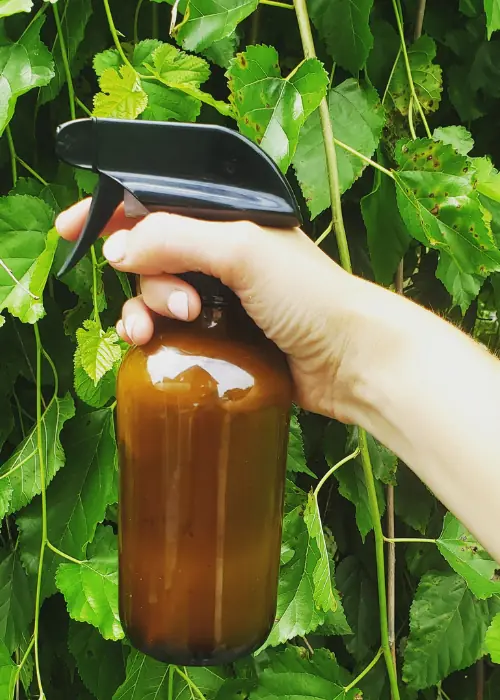
2. Mixing gasoline with commercial weed killer
Some people mix gasoline with commercial weed killers to try boosting herbicidal effects on weeds. Adding a small amount of gas to a weed killer like Roundup can act as an adjuvant to increase leaf penetration. The gasoline helps the herbicide stick and spread over waxy weed cuticles.
Procedure:
- Consult the herbicide label before mixing to verify compatibility.
- Use extreme caution when handling multiple chemicals.
- Measure 20% gasoline and 80% herbicide into a spray bottle.
- Add a few drops of oil-based adjuvant and shake vigorously to mix.
- Thoroughly coat weed leaves to maximize contact.
- Allow the herbicide-gasoline mixture to work for the recommended time.
- Triple-rinse the sprayer in soapy water after use to remove residue.
Here are some precautions to consider:
- Never apply near open flames or other ignition sources. Gasoline is highly flammable.
- Don’t use the herbicide-gasoline mixtures near wells, septic systems, or bodies of water.
- Wear protective clothing and wash your skin immediately after application. Gasoline causes skin irritation.
- Only use commercially sold unleaded gasoline. Do not use aviation fuels or E85 ethanol blends.
How long does it take gasoline to kill weeds?
Gasoline begins working on contact to kill weeds and other vegetation. The hydrocarbon compounds in gasoline quickly penetrate the plant cuticle and tissues, disrupting cellular processes.
Visible effects of gasoline as an herbicide become noticeable within hours of application. Weeds will start to wilt, spots will appear on leaves, and plants begin dying.
Most weeds treated with gasoline will be entirely dead within 2-3 days. The rapid damage from gas is an advantage over slower-acting household remedies like vinegar.
After weeds die
Once the gasoline has desiccated the weed plants and they are brown and shriveled, there are a couple of options for removal:
- Physically uproot the dead weeds by hand or with a trowel. Wear gloves to protect the skin from potential irritants.
- Mow over the dead weeds to chop and mulch them. Make sure gasoline odors have dissipated first.
- Use a stiff broom or brush to sweep up weed debris.
Proper disposal depends on the quantity of weeds and local regulations. Small amounts can go in yard waste bags for collection. Larger piles may require hauling to a dedicated waste facility.
Does gasoline kill grass and weeds?
Yes, gasoline will kill both grass and weeds. If you spray or pour gasoline onto your lawn or garden, it won’t just target the weeds – it will also damage your nice grass and ornamental plants.
The gasoline doesn’t know the difference between the weeds and the stuff you want to keep. It kills indiscriminately. So, while gasoline will remove any weeds, your lawn will look rough, with big dead patches everywhere.

Does gasoline kill weeds permanently?
Yes, gasoline can kill weeds permanently. The hydrocarbon chemicals in gasoline damage above-ground plant tissues and contaminate the soil. Gasoline residues can persist in the ground for months after application.
This creates lingering “dead zones” where plants and weeds cannot grow back. The long-term sterilizing effect of gasoline is one reason it is illegal to dump or spray in many areas.
Hazards associated with using gasoline to kill weeds
I understand the need to save money and use gasoline to kill those nasty weeds. But there are some safety factors to consider before dousing your yard in gas.
1. Environmental Damage
First, you’ve got to consider the environmental damage you could cause. That gasoline doesn’t just disappear – it soaks into the soil, where it can leach into groundwater.
A study by Rusin in 2019 showed gas contamination reduced plant growth and even hurt insects feeding on the plants! The ecological impact can be huge.
2. Fire risks
Another major risk is fire. Gas vapor is incredibly explosive – all it takes is one spark from a mower or cigarette butt to set your lawn ablaze. It’s not worth burning down your house over some weeds!
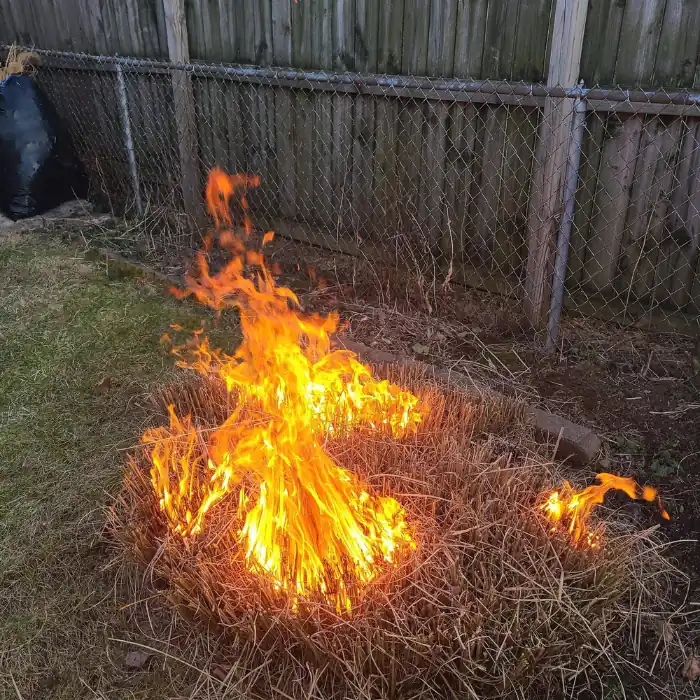
3. Skin Irritation
There’s also the skin irritation gasoline can cause through direct contact. That stuff will dry out your hands quickly, even if you wear gloves. No one wants that stinging rash from handling gasoline all day.
Gasoline alternatives to killing weeds
There’s got to be a safer way to tackle the weed problem without gassing up the lawn, right? I’ve tried a bunch of methods over the years that work pretty darn well:
1. Natural herbicides
I use horticultural vinegar (the strong 20% stuff) for a small weeds infestation. Just spray it right on unwanted plants, and they wilt within hours. Vinegar is non-toxic and doesn’t hurt the soil.
2. Non-chemical methods
Smothering weeds by piling up mulch or layers of cardboard also does the trick. Deprive them of sunlight, and they can’t photosynthesize! No need for chemicals.
Or going low-tech and yanking weeds out by hand – kind of satisfying and free. I just make sure to get all the roots.
3. Organic herbicides
And if I’ve got a major weed infestation, I’ll occasionally use an organic weed killer like Concentrate. It uses citric acid and clove oil to damage weeds without nasty effects.
FAQs
1. Does gasoline kill weeds better than Roundup?
In my experience, gasoline does not work better than commercial weedkillers like Roundup for killing weeds. Gas is faster acting, but Roundup is very effective, too, while being much safer to handle and use around my home.
2. Is gasoline effective on all types of weeds?
Gasoline will kill all types of weeds since it damages the plant tissues indiscriminately. It does not target only specific weeds while sparing desirable plants. So gasoline is non-selective in the weeds it controls.

